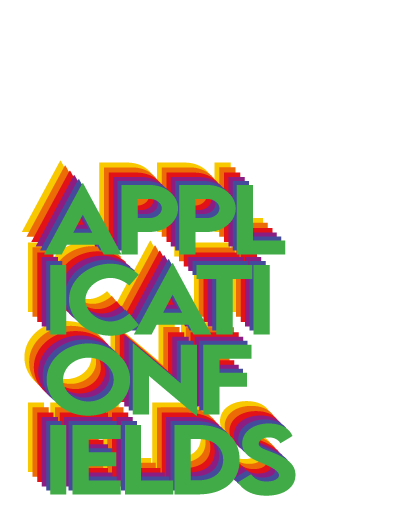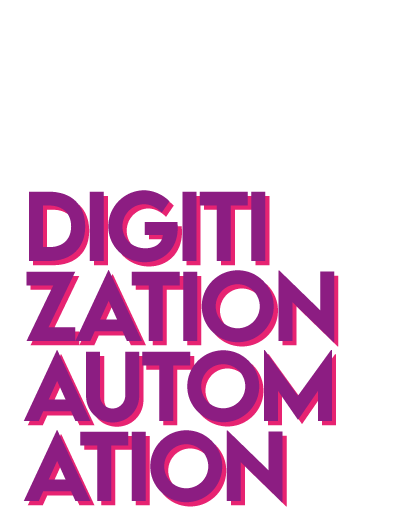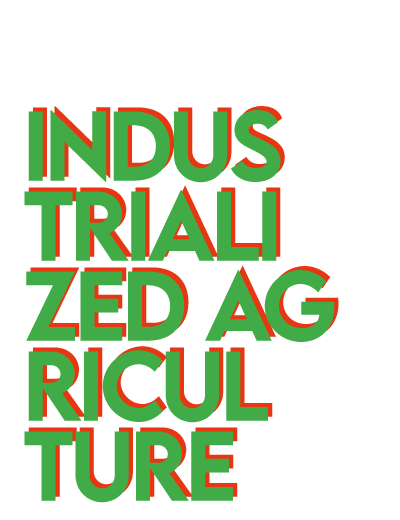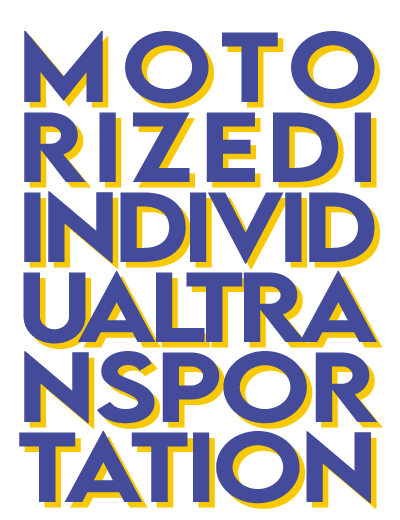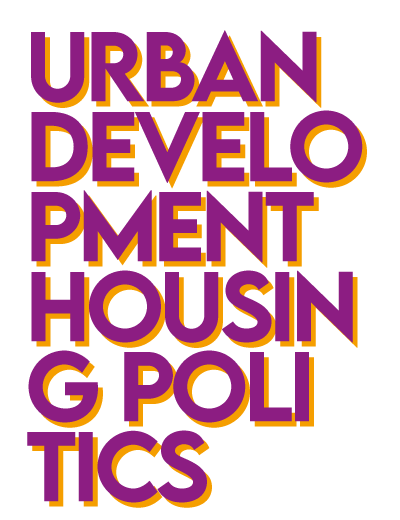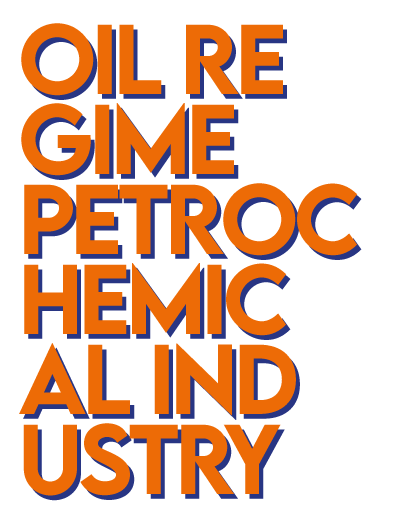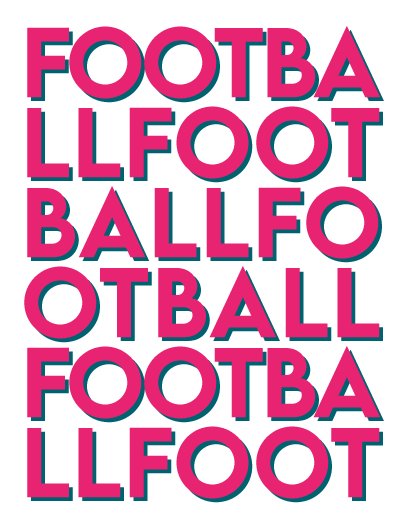The diesel scandal, the decline in biodiversity, the loss of jobs due to automation, rising rents, the petrochemical industrial complex and the football match on TV - these are very specific individual cases. They are different and yet deeper structures can be worked out. This is where the RAD AB, SCHRAUBE LOCKER - Toolbox.
By dismantling automobiles, industrial agriculture, petroleum, urban development and football, we show how the individual tools work. At the same time, we are only opening up a few topics in this way. We strongly recommend to open up further areas yourself and to comprehensively dismantle your own private and professional life.
By dismantling automobiles, industrial agriculture, petroleum, urban development and football, we show how the individual tools work. At the same time, we are only opening up a few topics in this way. We strongly recommend to open up further areas yourself and to comprehensively dismantle your own private and professional life.
The end of work has already been prophesied many times and is currently being sung about again under the catchword artificial intelligence. This is a good moment to take a look back at the last hundred years of restructuring and redistribution of labour: "Who produces what, with what means, for what purpose, at what speed and on the basis of what technology? How is it today and how should it be?" - this is a basic question perhaps the tools can help us work through it.
Breathing, drinking and eating are found at the base of our pyramid of needs. However complex and finely structured our society may be, no one can get around the basic principles of metabolism. And so the history of humankind can also be told as the history of human food procurement, from hunting and gathering to herding and moving on and finally to agriculture as we still find it today as an ideal type in the picture book. Social and technical progress can perhaps also be measured by the proportion of people who are primarily engaged in food production. Industrialised agriculture produces incredibly efficiently from this point of view. The tools show us what other perspectives are possible on our current form of food procurement.
To be able to move wherever you want at any time, without agreement or timetable, is an excellent kind of freedom. To be free from the nuisance of the world around you, to be able to choose the temperature and music yourself, and to be able to direct not two, four or ten but hundreds of horsepower at the touch of a pedal is an immediate power that was just reserved for the very few rulers. This promise of freedom and self-realisation is made by the car system and has us firmly in its grip: from the lifestyle of a commuter with a house in the countryside to the gross national product, everything seems to depend on four wheels. We open the bonnet and expand the on-board tools!
Cities offer us protection: once protection from a dangerous nature and marauding gangs who took what they wanted in the remote hamlet on their way from war to war. Today, the city offers us protection in anonymity when we want to escape the social control of manageable communities, and it helps us to be able to satisfy our needs immediately - everything is plentiful and the late-night shop is always open. Cities are built failing utopias; we can learn a lot by looking at them through the eyes of our tools.
Lots of energy, cheap, easy to store and densely packed. Petroleum is a package we cannot resist. Within three generations, this perfect drug has given us the technological progress of centuries and made the planet our subject. A good trip so far? - A tool-based stocktaking.
Perfectly organised, in an impressive choreography of transport systems, security guards, sausage grills, beer taps and a few well-trained people in jerseys, football takes place on almost every day of the week. Sport, culture, identity creation, industry and statecraft blend into an emotionally charged melange. Perhaps the tools will give us some interesting insights.
